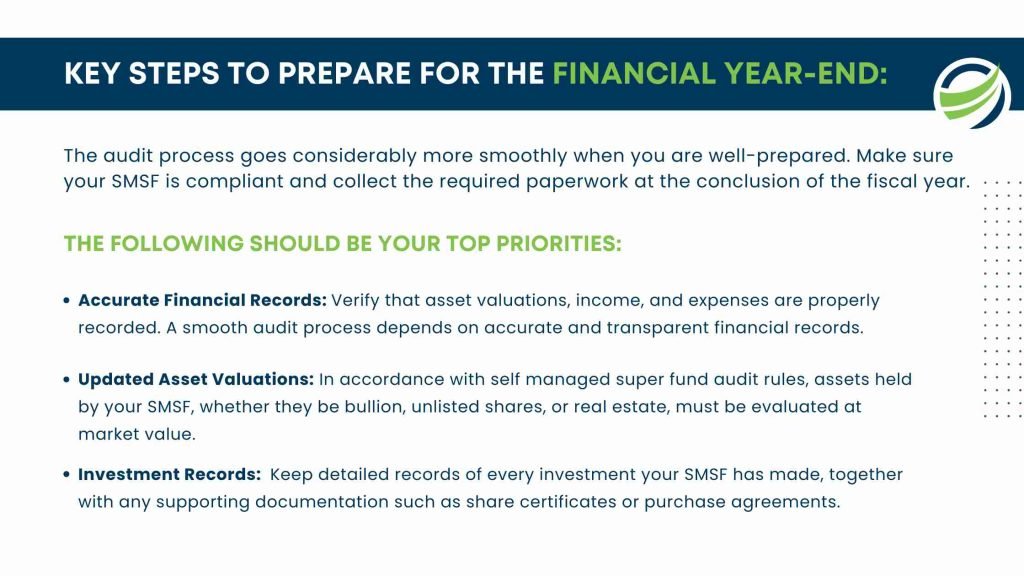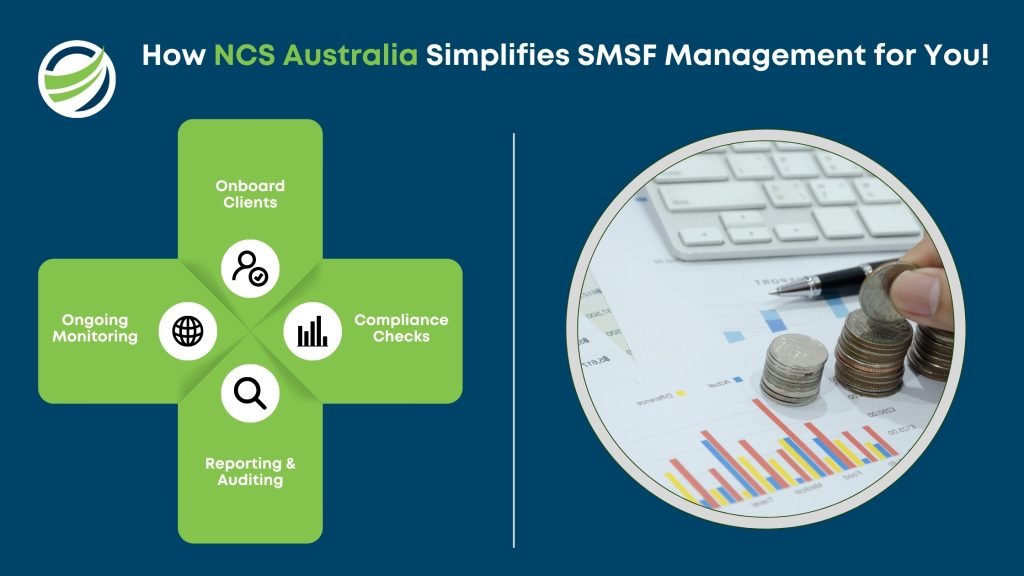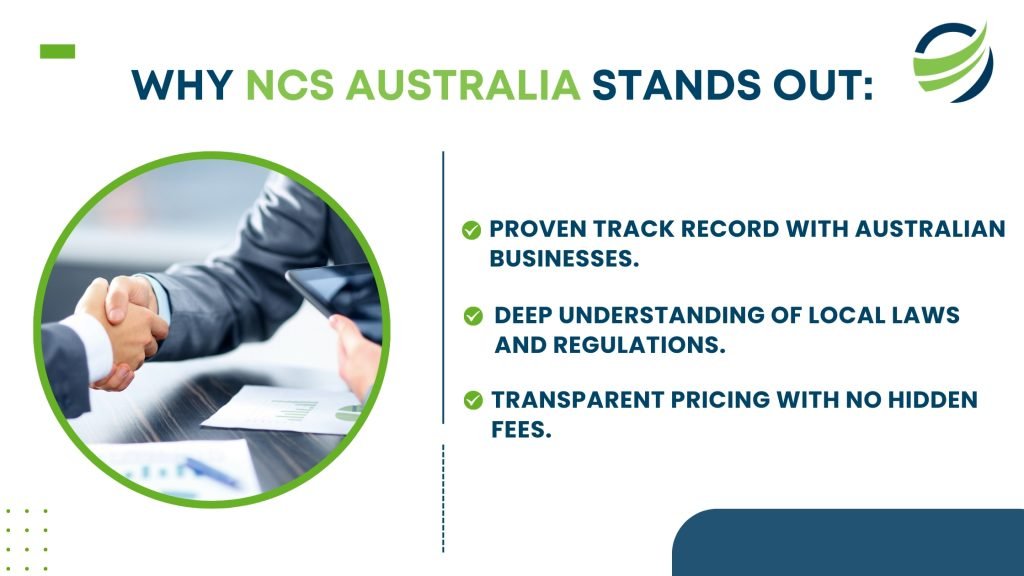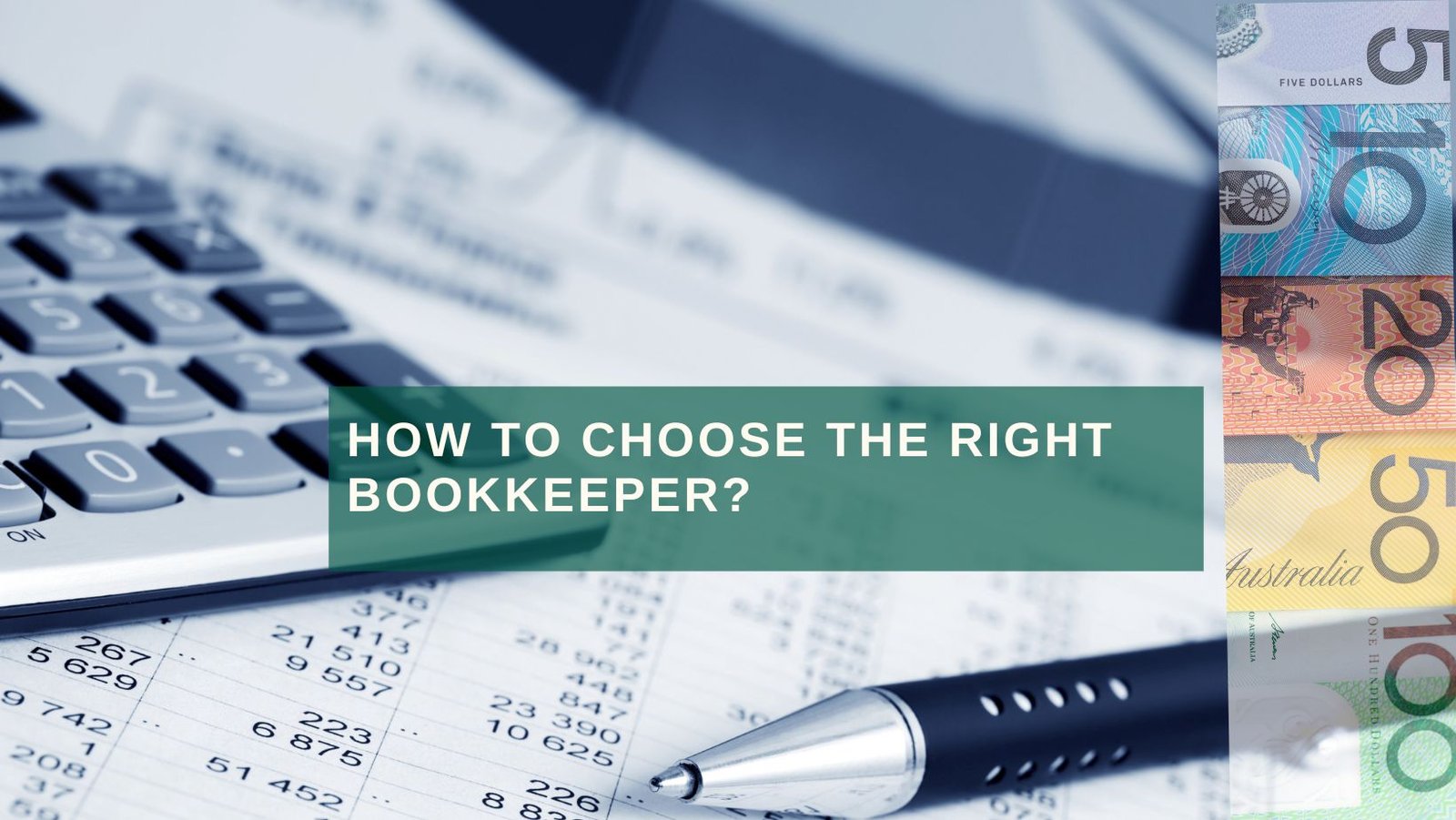In-House Accounting vs. Outsourcing Accounting Services
Let’s face it: managing your business’s finances is no small feat. Whether you’re keeping track of daily expenses, payroll, taxes, or long-term financial planning, accounting plays a massive role in your business’s success. But here’s the big question: should you handle in-house accounting or outsource accounting to professionals?
If you’ve been scratching your head over this, don’t worry—you’re not alone. Businesses of all sizes face this dilemma. So, in this blog, we’ll break it all down for you. By the end, you’ll have a clear picture of what works best for your business. Ready? Let’s dive in!
In-House Accounting: Your Team, Your Rules
In-house accounting means hiring one or more accountants who work directly for your company. They’re part of your team, know your business inside out, and handle everything from bookkeeping to financial reports. Sounds pretty good, right? Let’s explore this further.
The Perks of In-House Accounting
Direct Control
You’re the boss, and your accounting team is right there in the office (or virtually). You can walk over, ask questions, and get answers on the spot. There’s a certain comfort in knowing that your financial data is being handled under your roof.
Tailored to Your Business
Since they work solely for your business, your in-house team can focus entirely on your needs. From customised reporting to understanding the nitty-gritty of your operations, they’re all about you.
Real-Time Collaboration
Need last-minute adjustments before a meeting? Or a quick financial update? Your in-house team is there to make it happen, no delays or waiting for external responses.
The Downsides of In-House Accounting
Higher Costs
Hiring, training, salaries, benefits, office space—it all adds up. Accounting isn’t just about hiring one person; you may need a team, especially as your business grows.
Limited Expertise
Your in-house accountant might be a jack of all trades, but what happens when you need specialised tax advice or want to scale internationally? That’s where in-house expertise can fall short.
Risk of Errors or Fraud
With a small team and limited oversight, mistakes can slip through. Worse, there’s always a slight risk of financial mismanagement or fraud without stringent checks.

Outsourced Accounting: Leave it to the Experts
Outsourced accounting means handing over your financial tasks to an external team or firm. These pros often work with multiple businesses and offer a wide range of outsourced services like bookkeeping, tax preparation, payroll, and strategic financial planning.
Why It’s a Smart Move
Cost-Effective:
Outsourcing often costs less than hiring a full-time in-house team. You save on salaries, benefits, office space, and training. Plus, you only pay for the services you need, when you need them. According to Milestone Inc., outsourcing accounting services can lead to significant cost reductions, particularly by eliminating expenses associated with in-house salaries and training.
Access to Expertise:
Outsourced firms bring a team of seasoned professionals who specialise in different areas—tax law, financial analysis, compliance, you name it. You’re essentially getting a full team of experts for the price of one. PR Newswire reveals that 62% of small businesses with in-house accountants still face challenges that outsourcing can address, such as access to specialised knowledge.
Scalability:
Whether your business is growing rapidly or going through a slow season, outsourced accounting lets you scale up or down without the hassle of hiring or layoffs.
Improved Accuracy:
With multiple layers of review, advanced software, and best practices, outsourcing firms ensure your books are accurate, up-to-date, and compliant with regulations.
Potential Downsides:
Less Control
Since the accounting team isn’t in-house, you may not have as much control over the process. Some business owners prefer to have a say in every step, which can be harder with outsourcing.
Communication Challenges
Time zones, busy schedules, or simply working with an external team can occasionally lead to delays or misunderstandings. That said, most reputable firms work hard to avoid these issues.
Data Security Concerns
Sharing sensitive financial information with an external firm can be nerve-wracking. Choosing a trusted, secure provider is critical to ensuring your data stays safe.
How to Choose: Key Factors to Consider
Still torn between in house accounting vs outsourcing? Let’s break it down with a few questions:
What’s Your Budget?
If you’re a small business or startup, outsourcing is often more affordable. Larger companies with complex needs might find value in building an in-house team.
How Complex Are Your Accounting Needs?
Need help with basic bookkeeping and taxes? Outsourcing is a great option. But if you require daily oversight and tailored solutions, in-house might be better.
How Much Control Do You Want?
Are you someone who likes to oversee every aspect of your finances? If yes, in-house might give you the peace of mind you need. If not, outsourcing can save you time and stress.
Are You Planning to Scale?
As your business grows, outsourcing accounting services becomes an easier way to scale without the overhead of hiring additional staff or expanding your in-house team.
Your Business, Your Call
There’s no one-size-fits-all answer when it comes to accounting at the end of the day, it all comes down to your business’s unique needs. Here is Quick Glims of in house accounting vs outsourcing.
In-house accountant gives you control and personalised service, but it comes with higher costs. Hiring an Outsource Accountant, on the other hand, offers cost savings and expertise but requires letting go of some control.
Take a moment to evaluate your priorities:
- Are you looking to save costs or have full control?
- Do you need day-to-day oversight or just periodic help?
- Are you planning to grow quickly?
Answering these questions can guide you to the best decision for your business.Hiring an accountant or outsourcing the services. can make a world of difference in achieving your financial goals, so choose wisely.
FAQs
1. Which option is more cost-effective: in-house or outsourcing?
Outsourcing is generally more cost-effective since you save on salaries, benefits, and training costs. However, in-house accounting may be better for businesses with highly specific or complex financial needs that require constant oversight.
2. What types of tasks can be outsourced?
Outsourced accounting can cover bookkeeping, payroll, tax preparation, compliance, financial analysis, and even CFO-level services. You can pick and choose based on your needs.
3. How do I ensure data security when outsourcing?
Choose a reputable firm with strong data security measures like encryption, secure data storage, and confidentiality agreements. Research reviews and ask about their security protocols before signing up.
4. Can I combine in-house and outsourced accounting?
Yes! A hybrid approach works for many businesses. For instance, you can have an in-house accountant for day-to-day tasks and outsource specialised services like tax planning or audits.
5. How do I decide which approach is right for my business?
Consider your budget, the complexity of your accounting needs, and how much control you want over the process. Outsourcing works well for cost savings and access to expertise, while in-house offers more direct control.
6. Is outsourcing only for small businesses?
Not at all! While small businesses benefit from outsourcing to save costs, large companies often outsource to access specialised expertise or scale operations efficiently.











